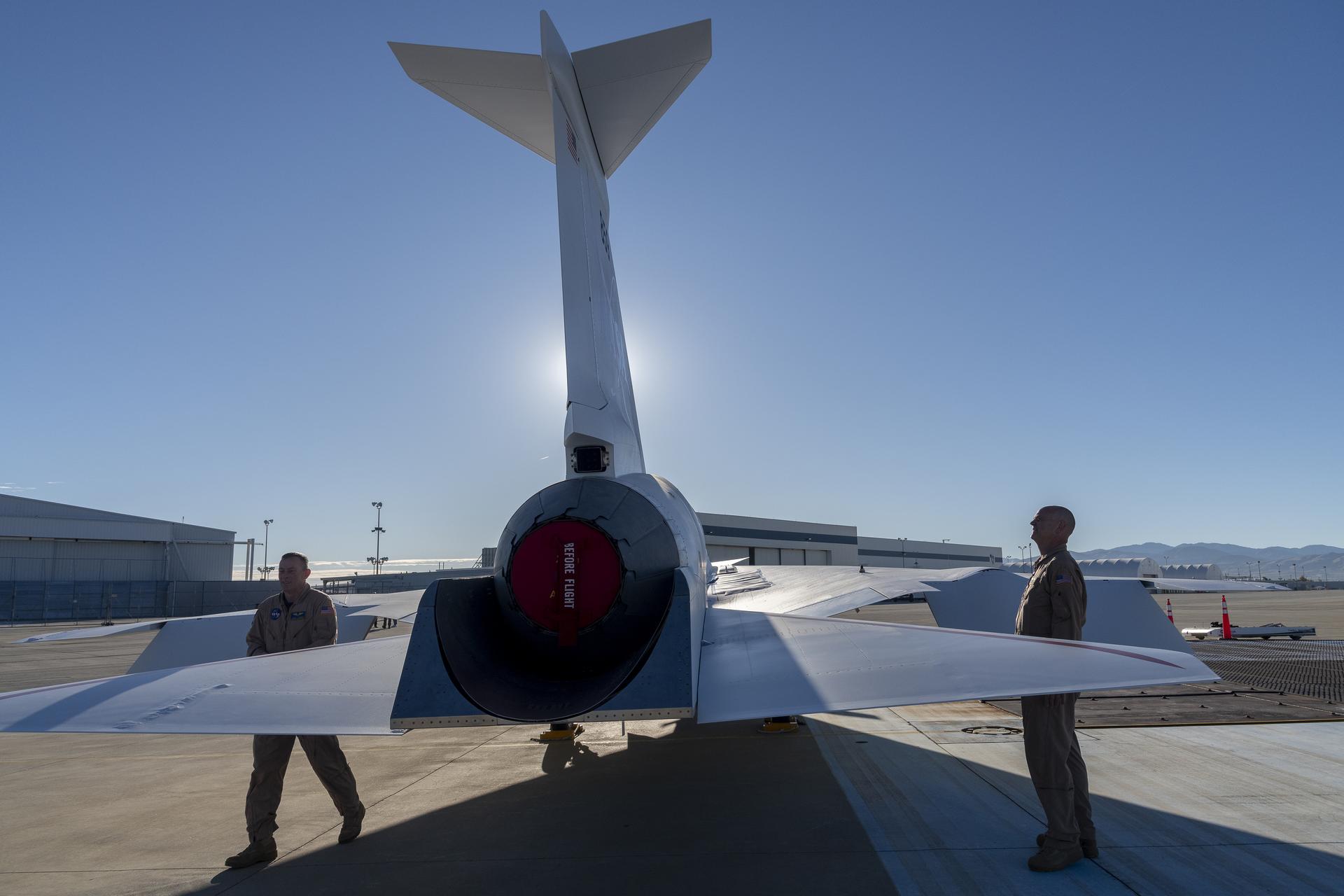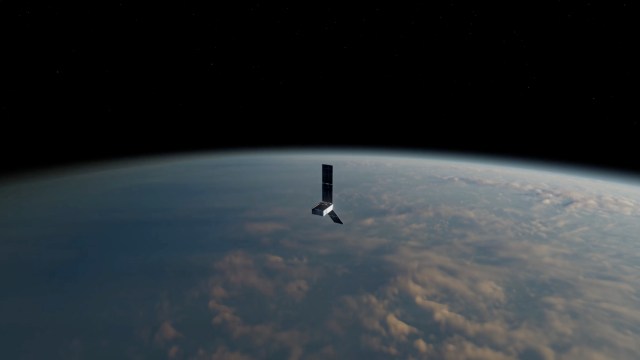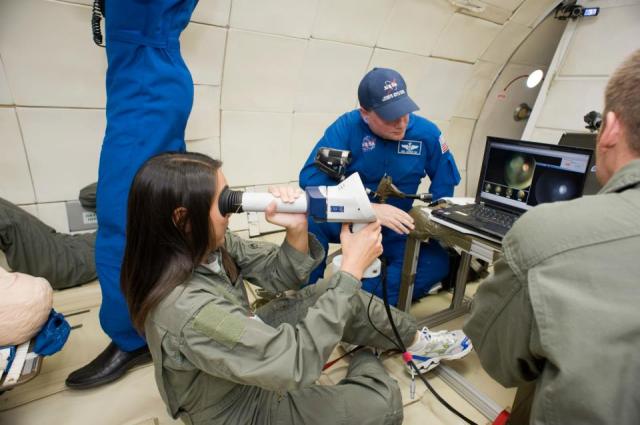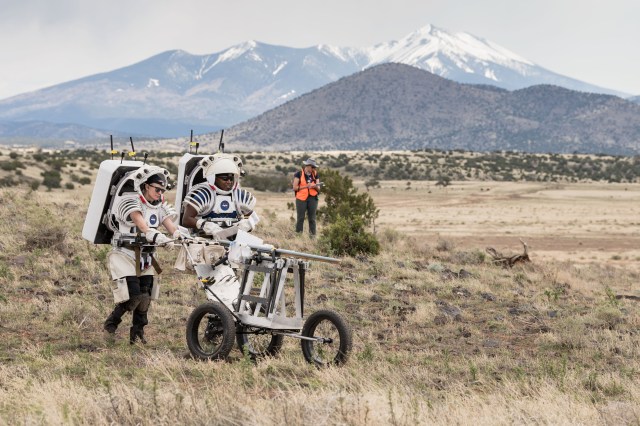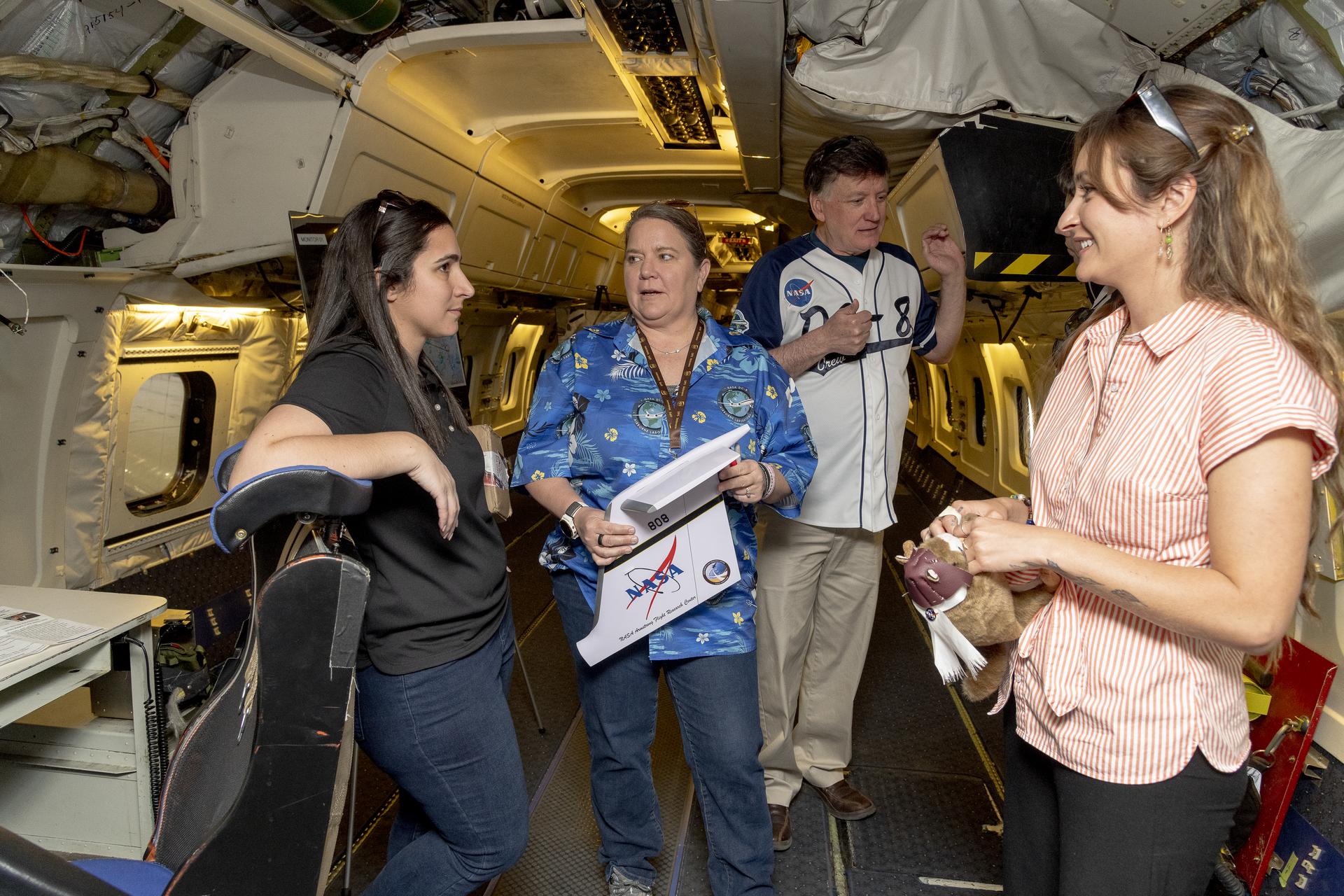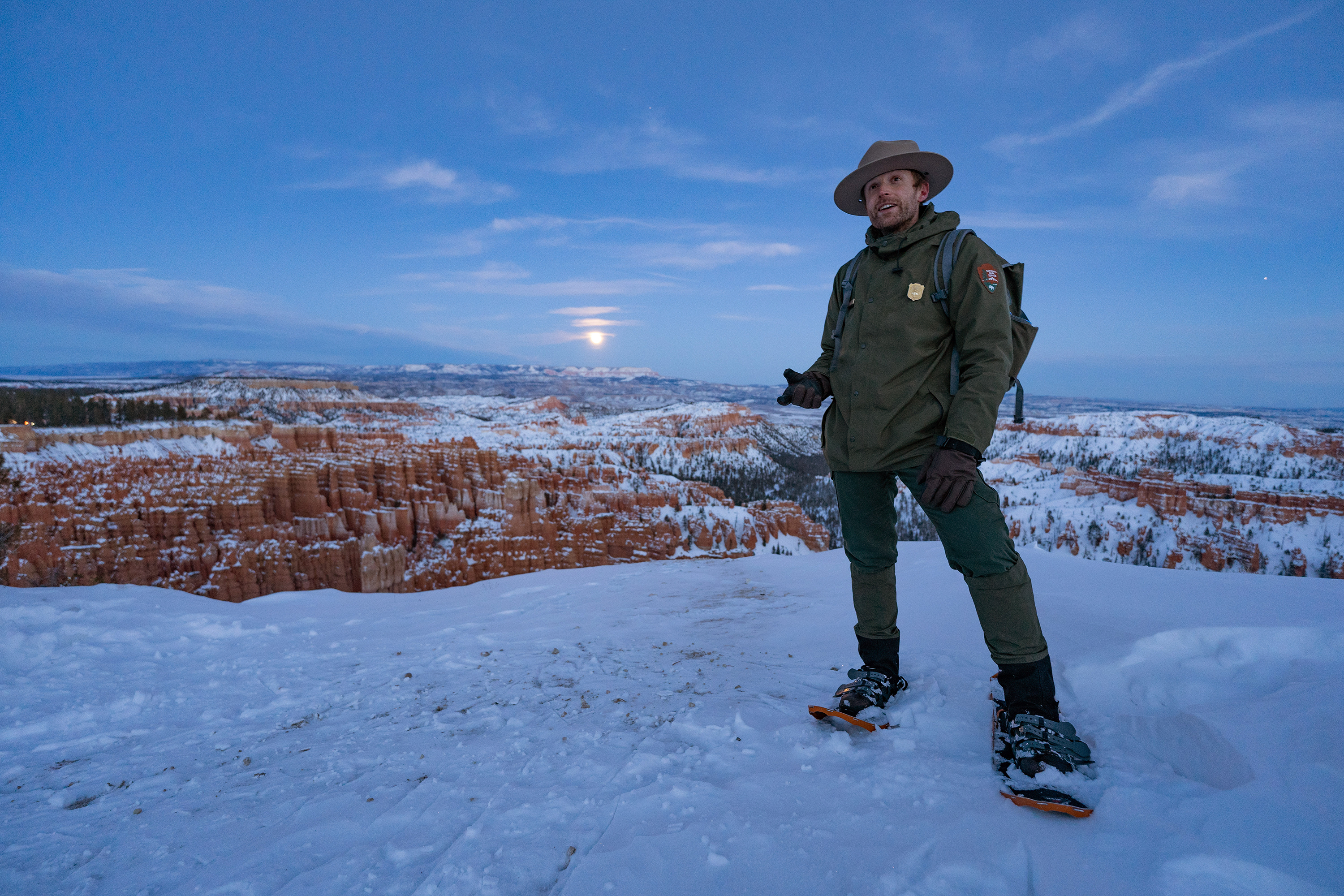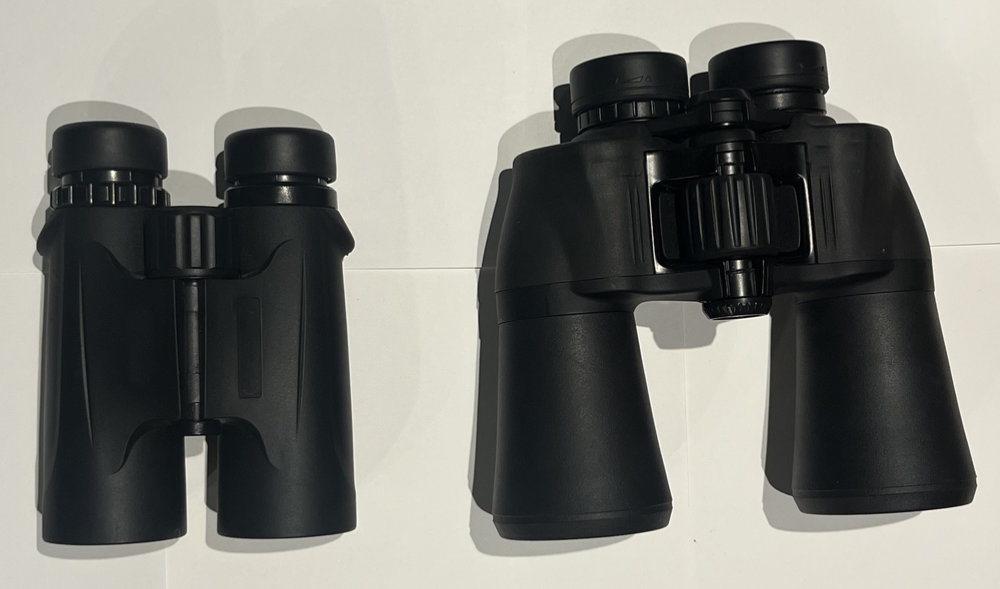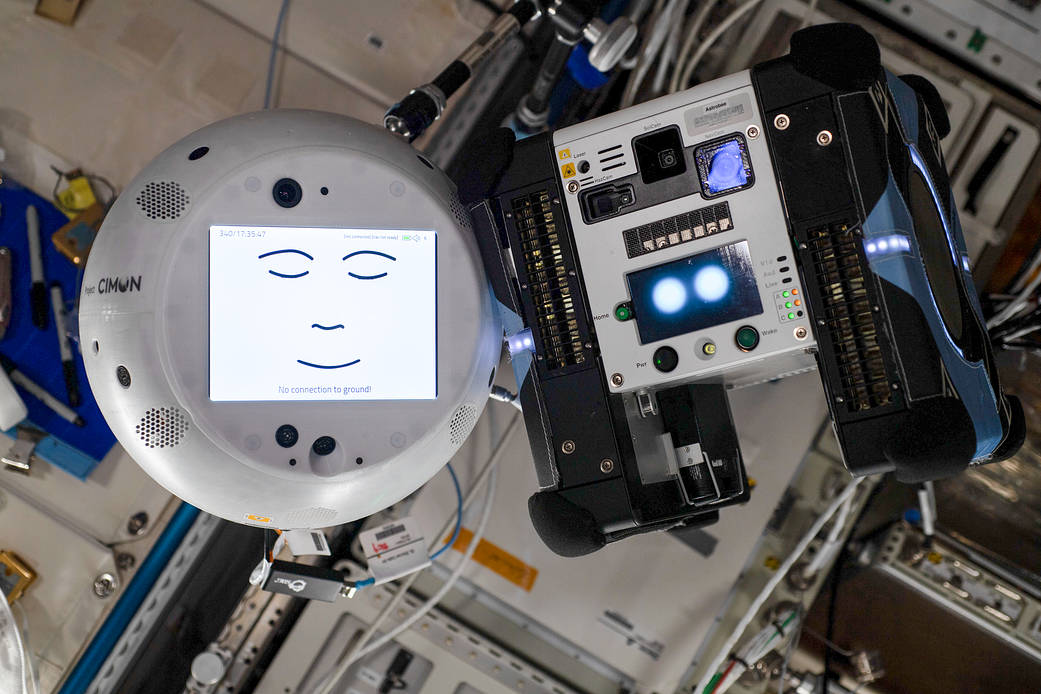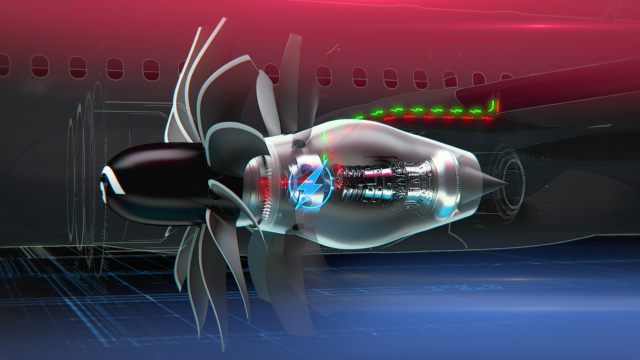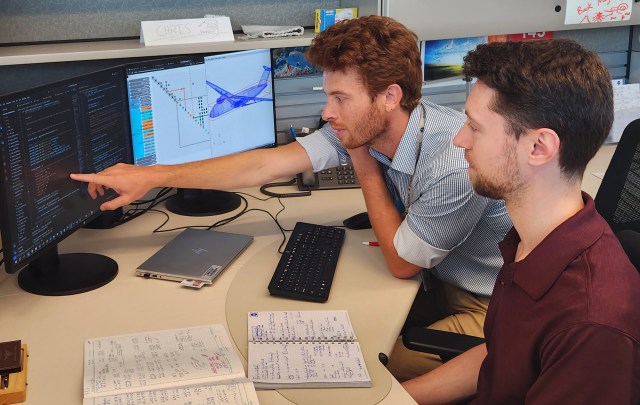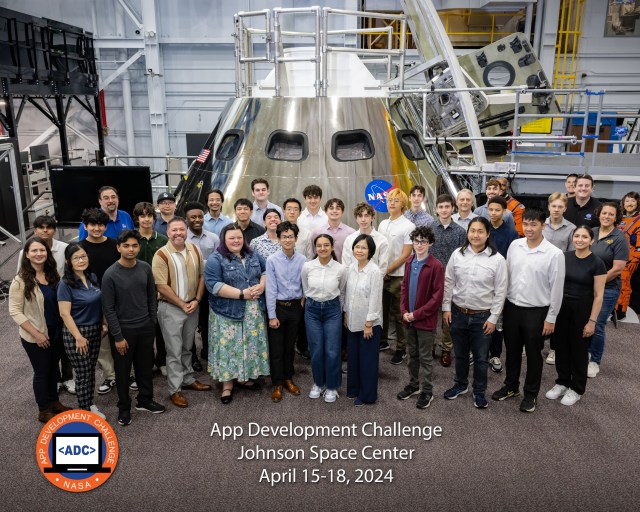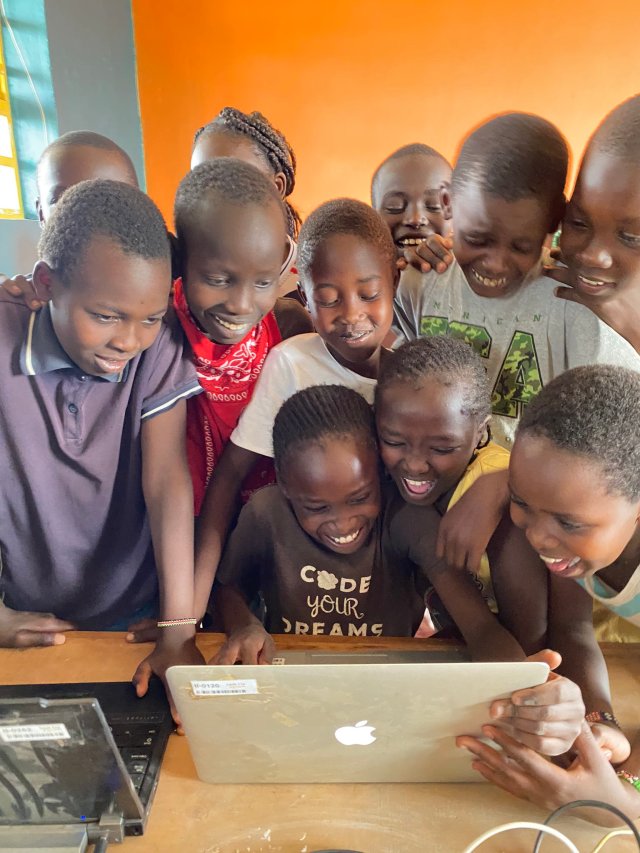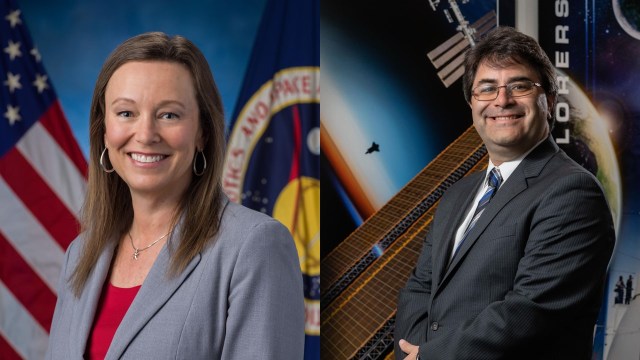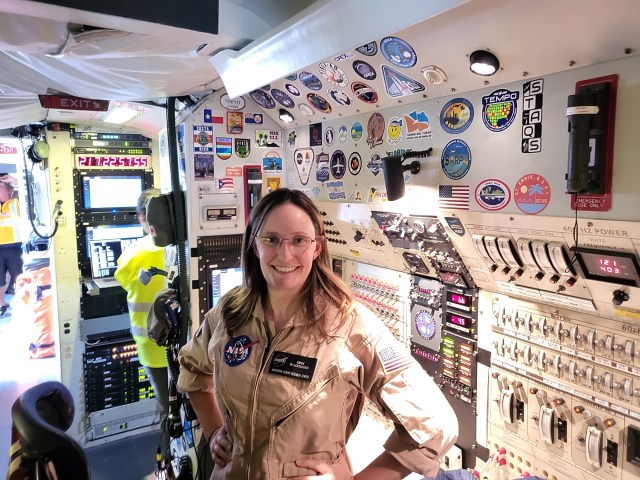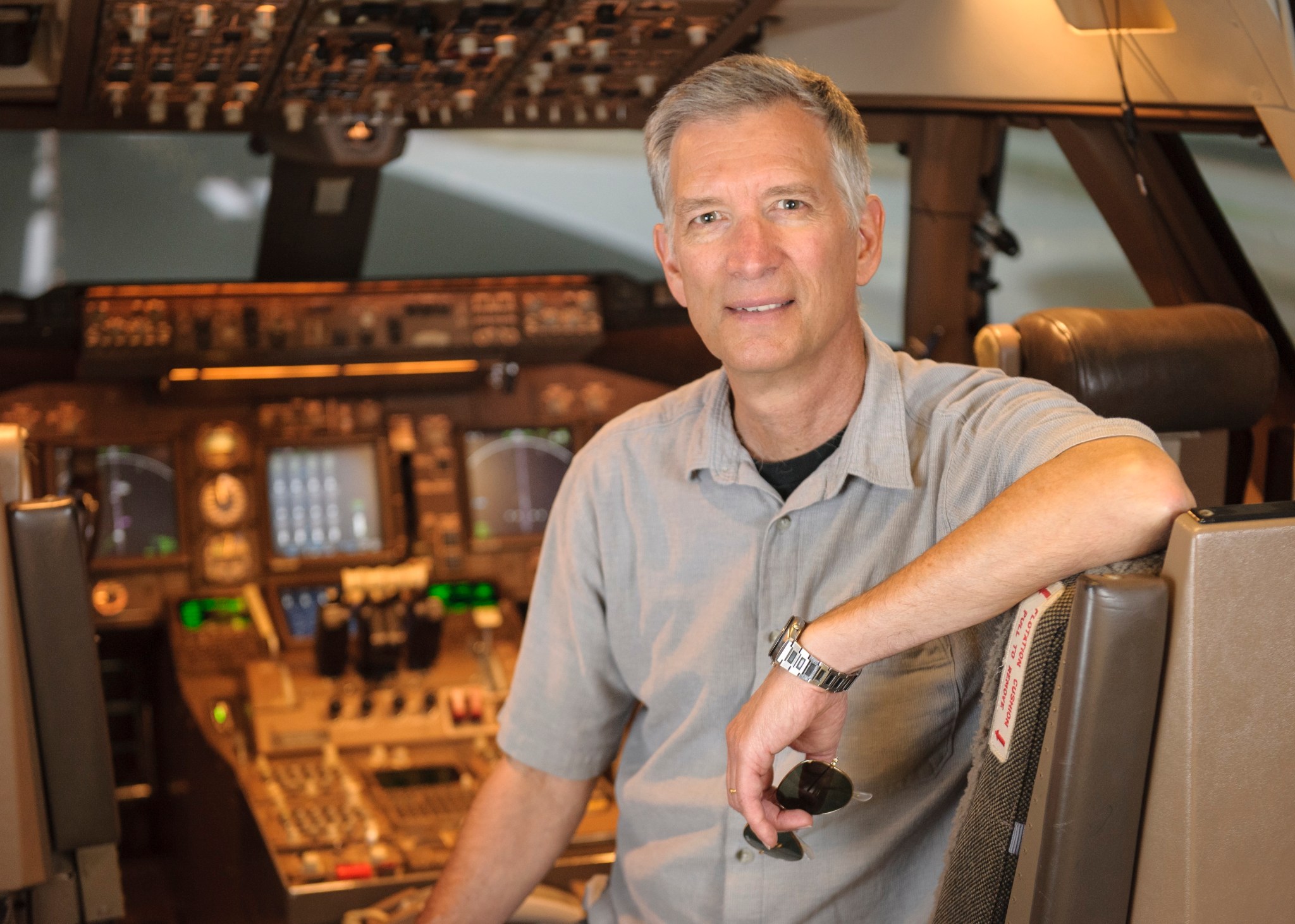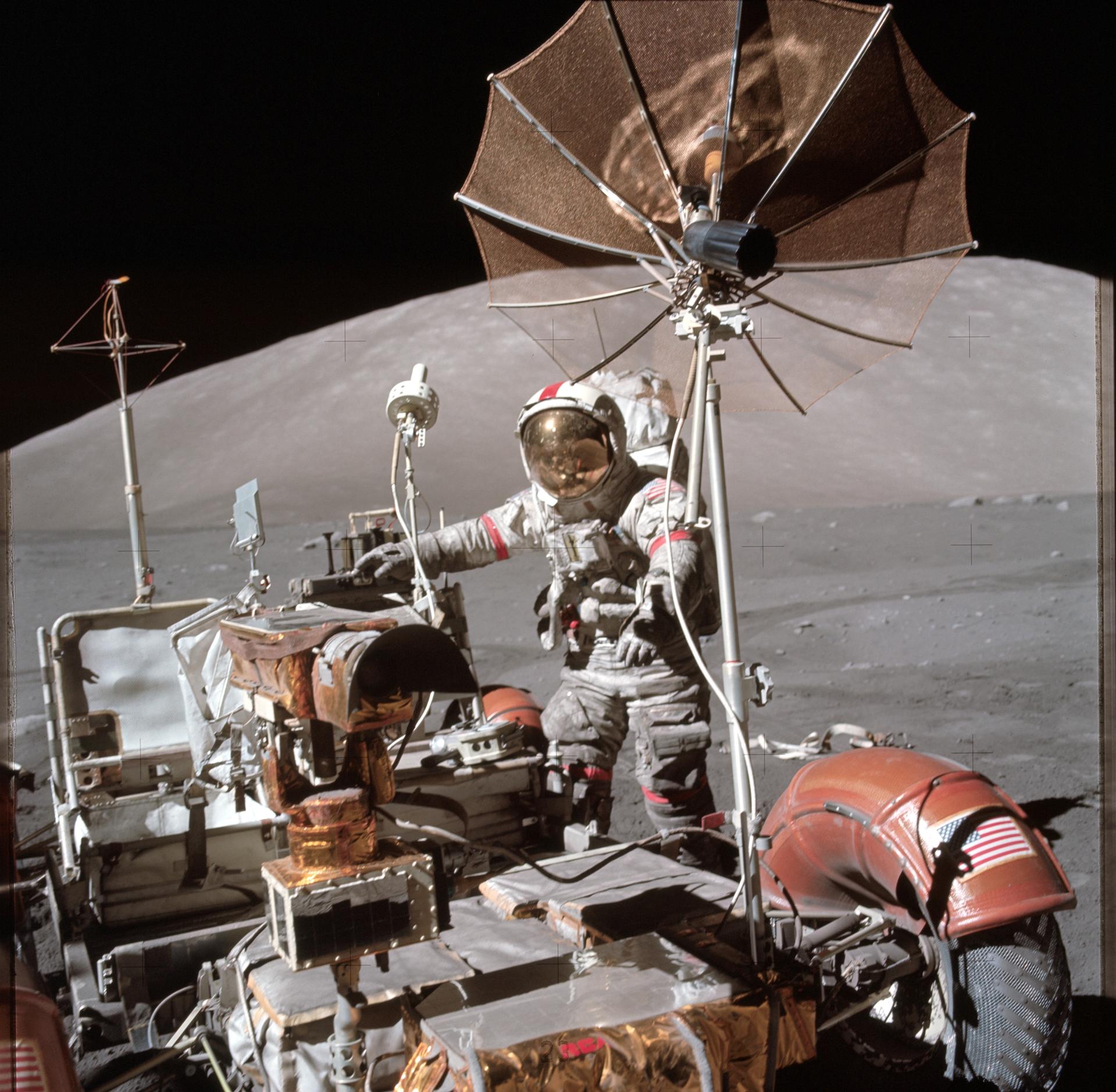NASA’s System-Wide Safety (SWS) project is committed to researching how the growing complexity of advanced aviation systems will impact safety. A key contributor to this effort is SWS’s Immanuel Barshi.
Barshi has been a research psychologist at the Human Systems Integration Division at NASA’s Ames Research Center in California since 1998. He lives in Santa Cruz, CA, where he enjoys reading, listening to music, and walking along the beach or among the tall redwoods or oak trees.
His inspiration comes from his father. “My parents were high school dropouts. At age 90, my father completed his PhD in Biblical Studies. His message has been: Don’t give up on your dreams!”
Barshi himself has quite the list of educational achievements, in addition to holding many aviation certificates and being certified as a flight instructor and aviation ground instructor. His extensive list of academic degrees includes:
- University of Colorado, Boulder
- Ph.D. in Cognitive Psychology, 1998
- Ph.D. in Linguistics, 1997
- Master of Arts in Psychology, 1995
- Master of Arts in Linguistics, 1992
- Central Missouri State University
- Master of Arts in English Literature, 1988
- Bachelor of Science in Aviation Technology, 1987
Barshi has been involved in aviation safety for almost 50 years. His career began in operations where he worked as a commercial pilot, flight instructor, and aircraft mechanic, long before starting his freshman year of college at age 30.
“My job is to figure out how to design the world in such a way that people could do the best possible job,” Barshi said.
“For instance, I have been doing research to figure out how best to train people, how to design good procedures, and how to design displays in such ways that the right information will be presented at the right time.”
Barshi’s advice for young people starting at NASA is straightforward: “Focus on the good work and learn to put up with the bureaucracy.”
“I get to do work that makes a difference, and work with very good people. One of the things I like about my job is that it’s at the intersection of my earlier career as a pilot, and of my studies in psychology and linguistics.”
His research contributes to theories of human behavior and provides practical answers to practical problems.
“It’s very important for me to ensure my research deals with real world issues and makes contributions to basic knowledge and understanding,” Barshi said.
“Language and communication are central to everything people do. Some of my early work has been on misunderstandings between pilots and air traffic controllers. My work on crew resource management and on the design of procedures has a lot to do with language. With the increased interest in machine learning, natural language processing, and all these ideas about computers and automation, linguistics is critical.”
“There are all kinds of opportunities to mess things up if you don’t understand how language and communication work. An important phrase is ‘The problem with communication is the illusion that it has occurred.’”
Aspects of Barshi’s work on the design of procedures were adopted by the Boeing Company and the Federal Aviation Administration (FAA) and are part of an FAA Advisory Circular, at nuclear power facilities, and healthcare organizations including surgical theatres.
The International Civil Aviation Organization published a manual on human performance that Barshi participated in writing. Civil aviation authorities worldwide will follow this guidance on integrating human performance considerations in their regulatory activities.
SWS looks forward to Barshi’s continued contributions to the project’s mission of developing innovative data solutions to assure safe, rapid, and repeatable access to a transformed National Airspace System.


